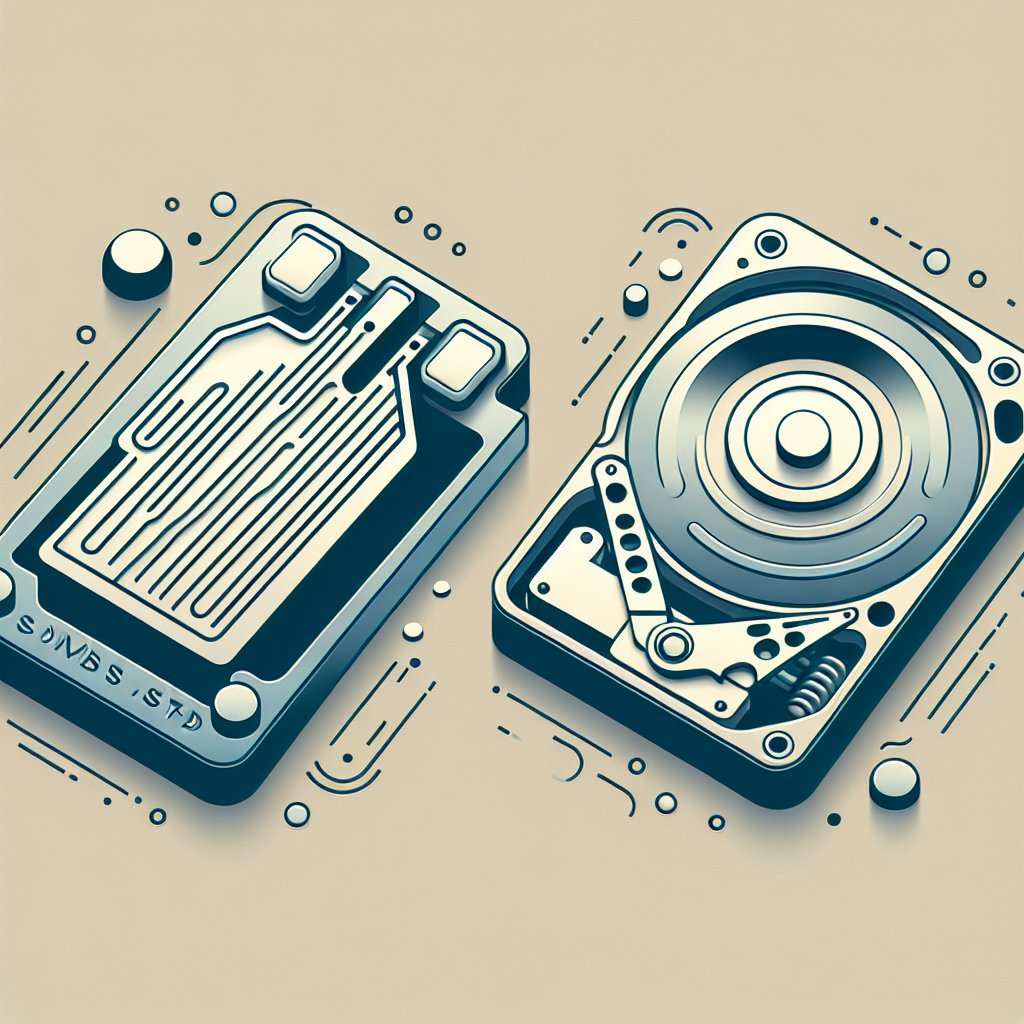Understanding the Difference Between SSDs and HDDs for Data Storage
When it comes to data storage, two main types of drives are commonly used: Solid State Drives (SSDs) and Hard Disk Drives (HDDs). While both serve the same purpose of storing data, they have distinct differences in terms of performance, longevity, and cost. Understanding these differences can help you make an informed decision when choosing the right storage solution for your needs.
One of the main differences between SSDs and HDDs is the technology they use to store data. HDDs use spinning magnetic disks to store data, while SSDs use flash memory chips. This fundamental difference in technology has a significant impact on the performance of the drives. SSDs are much faster than HDDs because they have no moving parts, which means they can access data more quickly and efficiently. This makes SSDs ideal for tasks that require fast data retrieval, such as booting up your computer or opening large files.
Another important difference between SSDs and HDDs is their durability and longevity. Since SSDs have no moving parts, they are less prone to mechanical failure than HDDs. This means that SSDs are generally more reliable and have a longer lifespan than HDDs. However, it’s worth noting that SSDs have a limited number of write cycles, which means that they can wear out over time with heavy use. On the other hand, HDDs are more susceptible to damage from physical shocks and vibrations, so they may not be as durable in certain environments.
Cost is another factor to consider when choosing between SSDs and HDDs. SSDs are typically more expensive than HDDs, especially when it comes to larger storage capacities. This is because the technology used in SSDs is more advanced and therefore more costly to produce. However, the price of SSDs has been steadily decreasing over the years, making them more affordable for consumers. On the other hand, HDDs are still the more cost-effective option for storing large amounts of data.
In conclusion, both SSDs and HDDs have their own strengths and weaknesses when it comes to data storage. SSDs offer faster performance, greater durability, and a longer lifespan, but at a higher cost. HDDs, on the other hand, are more affordable and provide ample storage space for a lower price. Ultimately, the choice between SSDs and HDDs will depend on your specific needs and budget. Consider your priorities in terms of speed, reliability, and cost when deciding which type of drive is right for you.


